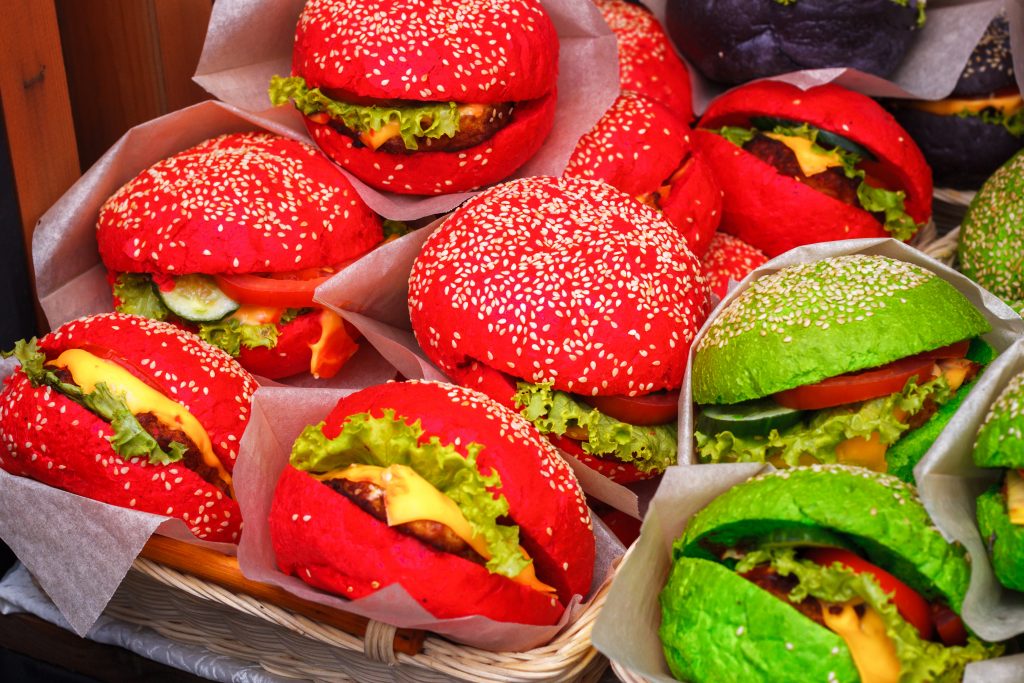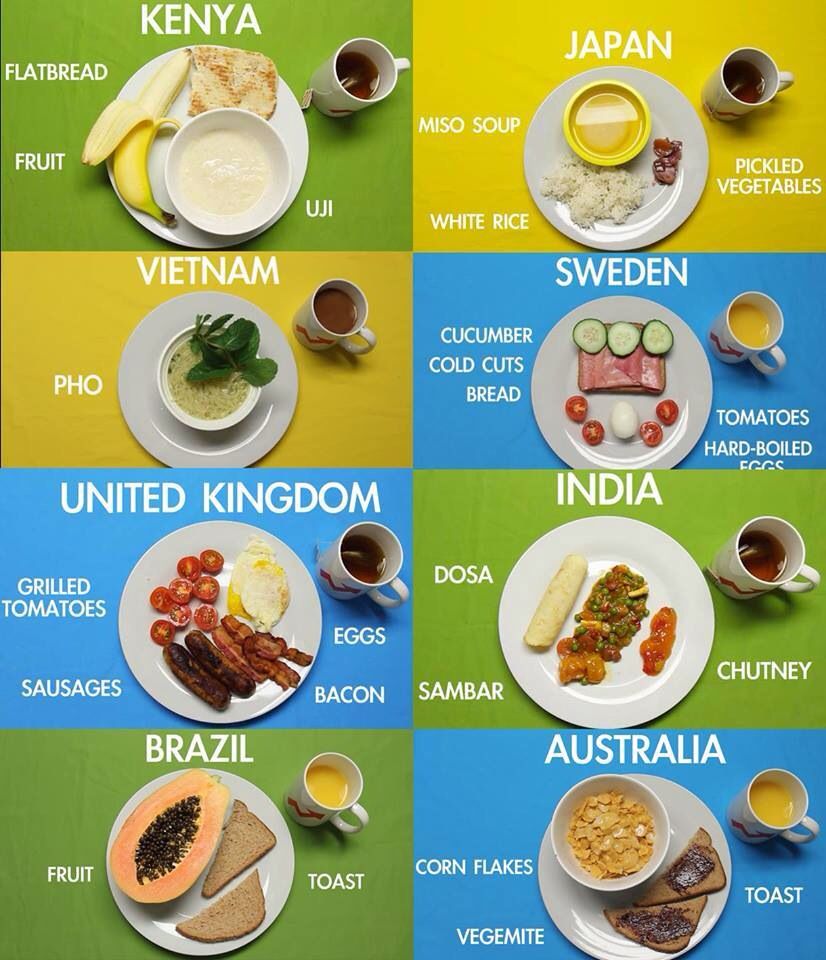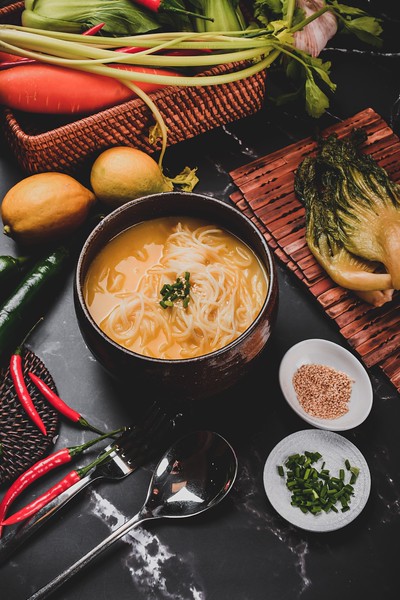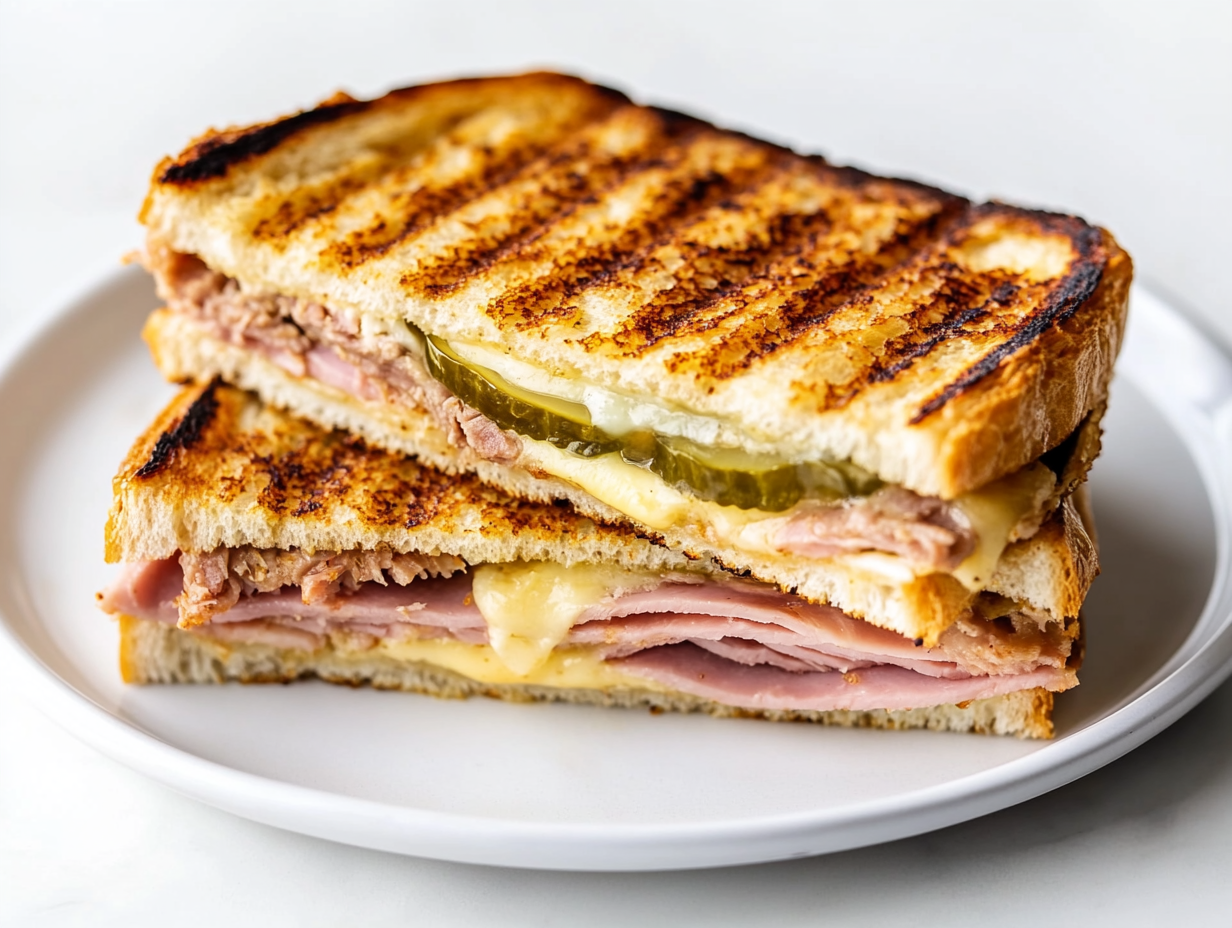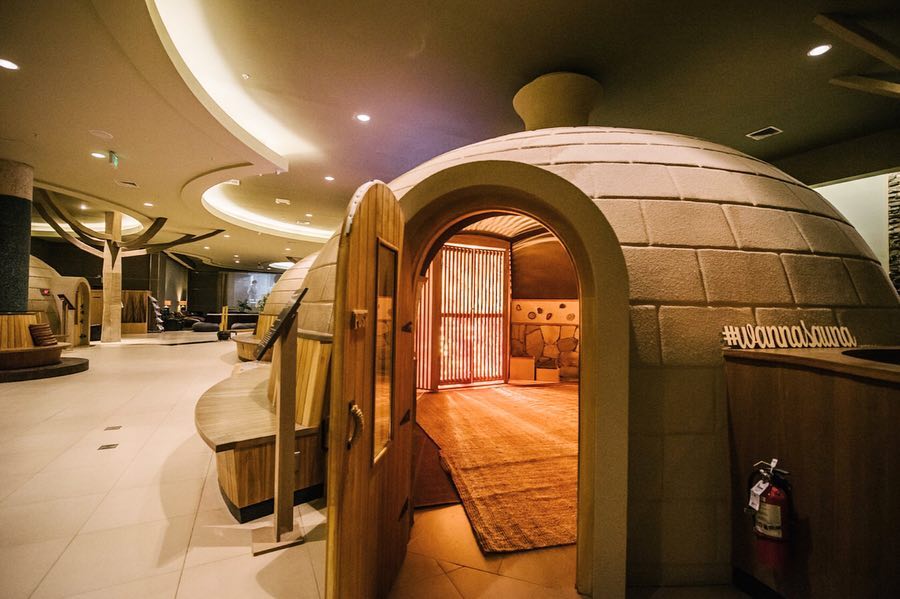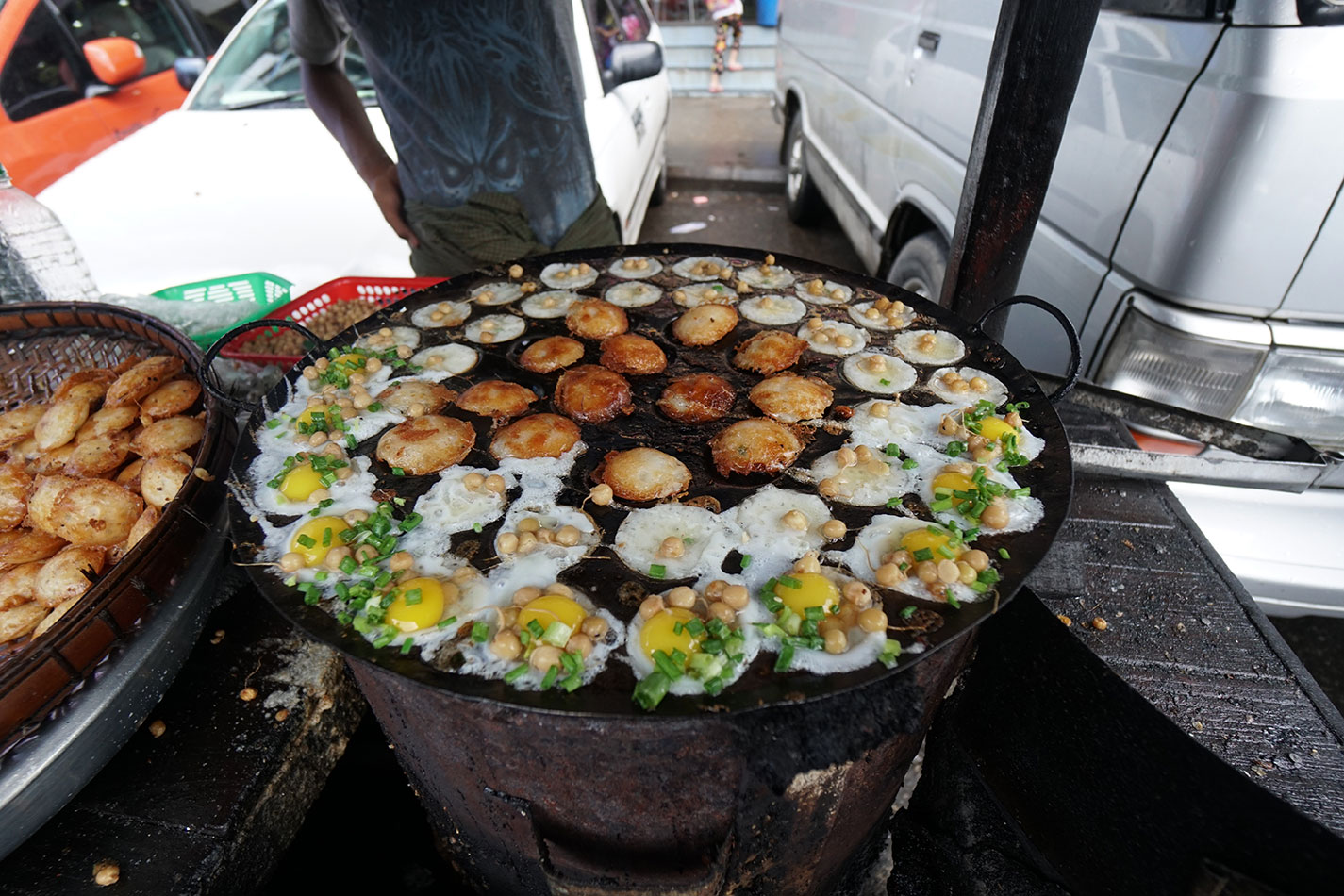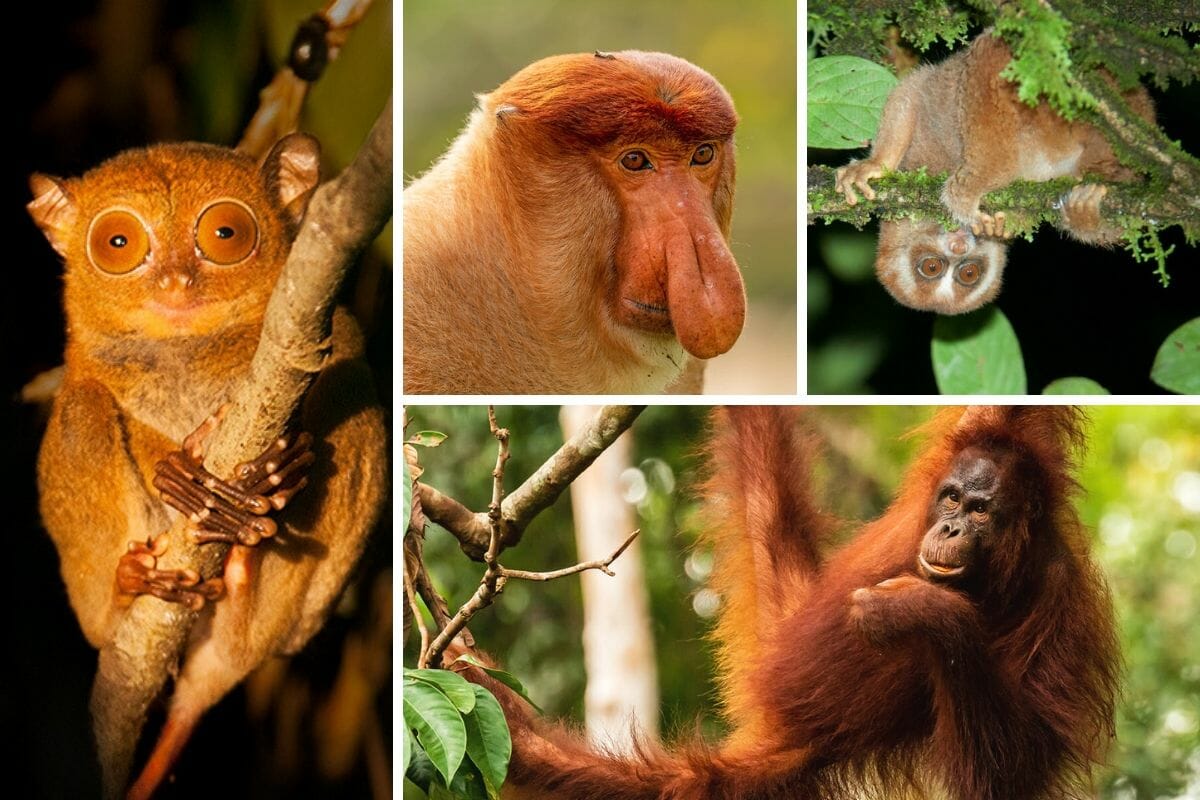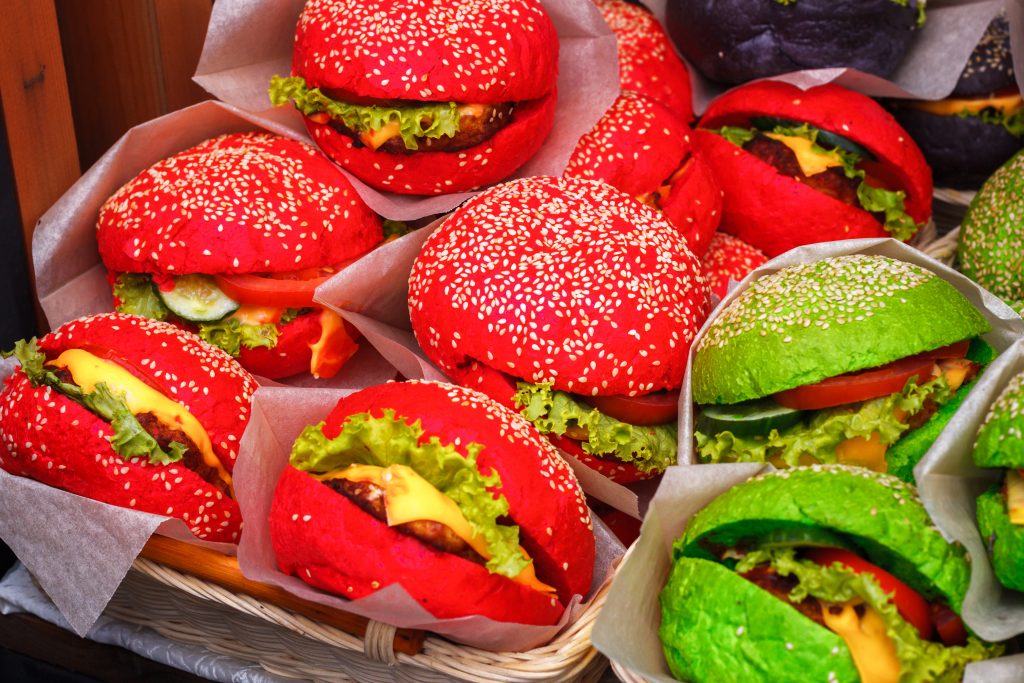
The Epicurean’s Odyssey: A Guide to the World’s Most Unique Food Experiences
The world is a culinary tapestry woven with threads of history, culture, and sheer ingenuity. Beyond the familiar restaurant menus and comforting home-cooked meals lie experiences that transcend mere sustenance, transforming into immersive journeys that tantalize the senses and broaden perspectives. This guide is your passport to some of the world’s most unique food experiences, offering insights into where to find them, what to expect, and how to make the most of your gastronomic adventure.
I. Beyond the Plate: Defining "Unique"
Before diving into specific experiences, it’s important to define what constitutes a "unique" food experience. We’re not simply talking about fine dining or exotic ingredients. We’re looking for experiences that:
- Connect you deeply with the culture: The food is intrinsically linked to the history, traditions, and environment of the region.
- Challenge your perceptions: They might involve unfamiliar ingredients, cooking methods, or dining customs that push you outside your comfort zone.
- Offer a sense of adventure: The experience is more than just eating; it’s a journey of discovery.
- Create lasting memories: The food, the atmosphere, and the people involved leave a profound and unforgettable impact.
II. Embarking on the Culinary Quest: A Global Exploration
Here are some of the world’s most unique food experiences, categorized for easier navigation:
A. Immersive Cultural Immersion:
-
Hanoks and Kimchi in Seoul, South Korea:
- The Experience: Spend a day in a traditional Hanok village, learning the art of Kimchi making from a local expert. Discover the nuances of fermentation, the different regional variations, and the cultural significance of this staple food. Follow it up with a traditional Korean meal in a Hanok restaurant, complete with banchan (side dishes) and makgeolli (rice wine).
- Why it’s Unique: Kimchi is more than just a food; it’s a symbol of Korean identity and resilience. Learning to make it yourself provides a deep connection to the culture.
- How to Plan: Numerous cooking classes are available in Seoul, often advertised in English. Look for options that include a Hanok visit and a traditional meal. Consider booking in advance, especially during peak season.
- What to Expect: Hands-on Kimchi making, explanations of Korean culinary traditions, and a delicious, authentic meal. Be prepared for spicy flavors!
-
Riad Cooking Class in Marrakech, Morocco:
- The Experience: Immerse yourself in the vibrant flavors of Moroccan cuisine with a cooking class in a traditional Riad (courtyard house). Learn to prepare tagines, couscous, and other classic dishes, using fresh, local ingredients sourced from the bustling souks. End the class by enjoying the fruits of your labor in the Riad’s beautiful courtyard.
- Why it’s Unique: Moroccan cuisine is a melting pot of Berber, Arab, and European influences. Learning to cook it in a Riad offers a glimpse into the history and hospitality of Moroccan culture.
- How to Plan: Many Riads in Marrakech offer cooking classes. Look for options that include a trip to the souk to buy ingredients.
- What to Expect: A hands-on cooking experience, instruction in traditional Moroccan techniques, and a delicious, communal meal.
-
Tea Ceremony in Kyoto, Japan:
- The Experience: Participate in a traditional Japanese tea ceremony, a ritual steeped in centuries of history and symbolism. Learn about the different types of tea, the precise movements of the tea master, and the etiquette involved in receiving and drinking the tea. Appreciate the serenity and mindfulness of this ancient practice.
- Why it’s Unique: The tea ceremony is not just about drinking tea; it’s a form of meditation and a celebration of harmony, respect, purity, and tranquility.
- How to Plan: Numerous tea houses in Kyoto offer tea ceremony experiences. Look for options that include an explanation of the history and symbolism of the ceremony.
- What to Expect: A formal and respectful experience, a demonstration of the tea ceremony ritual, and a chance to sample matcha tea and traditional sweets.
B. Adventures in the Wild: Foraging and Wilderness Cooking
-
Truffle Hunting in Tuscany, Italy:
- The Experience: Join a truffle hunter and their trained dog on a search for these elusive fungi in the forests of Tuscany. Learn about the different types of truffles, the history of truffle hunting, and the techniques used to find them. After the hunt, enjoy a meal featuring your freshly found truffles, paired with local wines.
- Why it’s Unique: Truffle hunting is a unique combination of adventure, nature, and gastronomy. It’s a chance to connect with the land and experience the thrill of finding these culinary treasures.
- How to Plan: Several tour operators in Tuscany offer truffle hunting experiences. Look for options that include a knowledgeable guide, a trained dog, and a truffle-themed meal.
- What to Expect: A hike through the forest, a demonstration of truffle hunting techniques, and a delicious meal featuring fresh truffles.
-
Foraging for Wild Foods in the Scottish Highlands:
- The Experience: Embark on a foraging adventure in the Scottish Highlands, learning to identify edible plants, mushrooms, and berries from a local expert. Discover the medicinal and culinary uses of these wild foods and learn about the sustainable harvesting practices. Conclude the experience with a campfire meal featuring your foraged treasures.
- Why it’s Unique: Foraging is a way to connect with nature and learn about the abundance of food that surrounds us. The Scottish Highlands offer a unique and diverse ecosystem for foraging.
- How to Plan: Several tour operators in Scotland offer foraging experiences. Look for options that include a knowledgeable guide and a focus on sustainable harvesting.
- What to Expect: A hike through the Scottish Highlands, identification of edible plants and mushrooms, and a campfire meal featuring foraged foods.
-
Ice Fishing and Igloo Cooking in Lapland, Finland:
- The Experience: Experience the magic of Lapland with a day of ice fishing on a frozen lake, followed by a cooking class in an igloo. Learn to prepare traditional Finnish dishes using your freshly caught fish, and enjoy the warmth of the fire in the cozy igloo.
- Why it’s Unique: This experience combines the thrill of ice fishing with the unique setting of an igloo, offering a glimpse into the traditional lifestyle of the Sami people.
- How to Plan: Several tour operators in Lapland offer ice fishing and igloo cooking experiences. Look for options that include a knowledgeable guide and all necessary equipment.
- What to Expect: Ice fishing on a frozen lake, instruction in traditional Finnish cooking techniques, and a warm and cozy meal in an igloo.
C. Challenging the Palate: Unusual Ingredients and Culinary Traditions
-
Eating Insects in Southeast Asia:
- The Experience: Venture into the vibrant street food scene of Southeast Asia and sample a variety of edible insects, from crispy crickets to silkworm pupae. Embrace the cultural significance of insects as a food source and learn about their nutritional value.
- Why it’s Unique: Eating insects is a sustainable and nutritious way to obtain protein. Experiencing this culinary tradition offers a unique perspective on food and culture.
- How to Plan: Insects are commonly sold as street food in many Southeast Asian countries, including Thailand, Vietnam, and Cambodia. Be open-minded and try different varieties.
- What to Expect: A crunchy, savory, and sometimes slightly earthy flavor. Be prepared for a unique textural experience.
-
Balut in the Philippines:
- The Experience: Try Balut, a fertilized duck egg with a partially developed embryo, a popular street food in the Philippines. Learn about the cultural significance of Balut and its nutritional value.
- Why it’s Unique: Balut is a challenging food for many Westerners, but it’s a beloved delicacy in the Philippines. Experiencing it offers a glimpse into Filipino culture and a test of culinary courage.
- How to Plan: Balut is widely available from street vendors throughout the Philippines.
- What to Expect: A unique and challenging textural experience, with a combination of yolk, broth, and partially developed duck embryo.
-
Fugu (Pufferfish) in Japan:
- The Experience: Dine on Fugu, a delicacy prepared from pufferfish, which contains a deadly toxin. Only licensed chefs are allowed to prepare Fugu, ensuring that the poisonous parts are removed safely. Appreciate the skill and precision required to prepare this potentially dangerous dish.
- Why it’s Unique: Fugu is a symbol of Japanese culinary artistry and a testament to the skill of the chefs who prepare it. The slight tingling sensation on the tongue is part of the experience.
- How to Plan: Fugu is available in specialized restaurants throughout Japan. Choose a reputable establishment with licensed chefs.
- What to Expect: A delicate and flavorful fish with a slightly rubbery texture. Be aware of the potential risks and ensure that the restaurant is reputable.
III. Tips for Planning Your Unique Food Experience:
- Do your research: Before embarking on your culinary adventure, research the local cuisine, customs, and etiquette.
- Be open-minded: Be willing to try new things and step outside your comfort zone.
- Respect the local culture: Be mindful of local customs and traditions, and show respect for the people and their food.
- Ask questions: Don’t be afraid to ask questions about the food, the ingredients, or the cooking methods.
- Engage with the locals: Talk to the people you meet along the way and learn about their food traditions.
- Document your experience: Take photos, write notes, and share your experiences with others.
IV. The Journey of a Thousand Bites:
Exploring the world through its food is a journey of discovery, connection, and transformation. By embracing the unfamiliar, challenging your palate, and immersing yourself in different cultures, you can create unforgettable memories and gain a deeper understanding of the world around you. So, pack your bags, sharpen your taste buds, and embark on your own epicurean odyssey. The world is waiting to be savored, one unique bite at a time.
